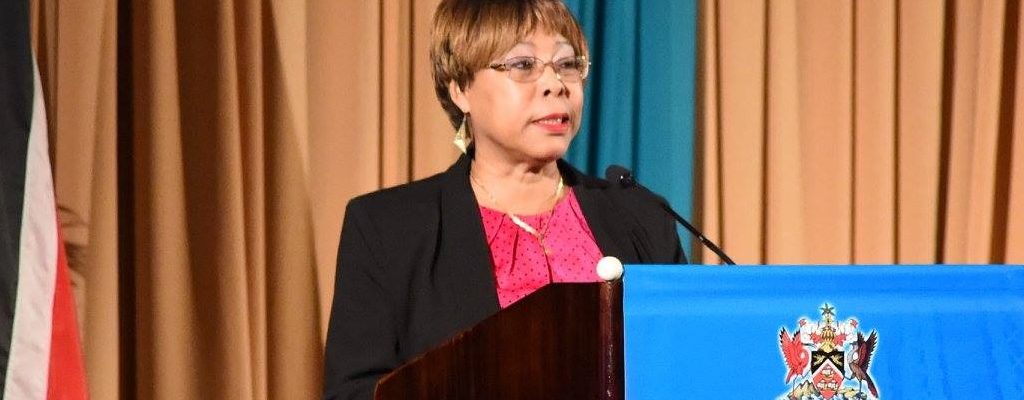
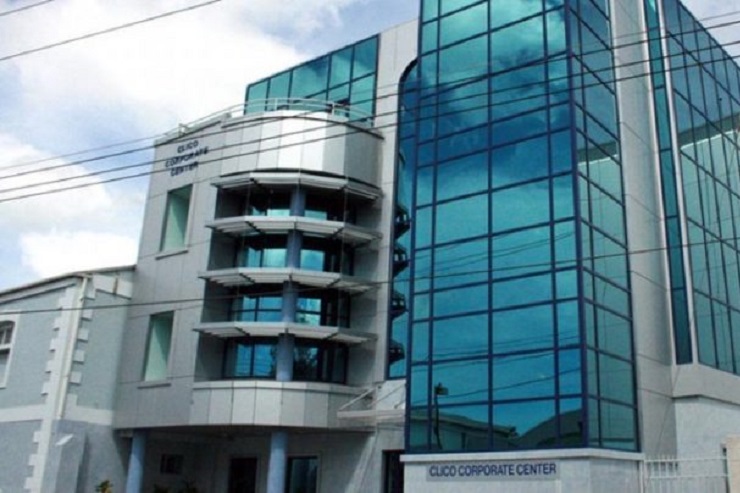
Clair Gomez-Miller, executive chairman of the Colonial Life Insurance Company (CLICO) in Trinidad and Tobago, has vowed that the once largest privately held conglomerate in the twin-island republic – which has been digging itself out of a massive liquidity crisis since 2009 – will repay its debt after an estimated TT$23 billion was pumped into bailing out the entity.
“CLICO owes a debt. CLICO has to repay that debt and that was the first message that everyone within the company had to understand. We will pay our debt. We will pay the interest because a lot of people forget that we pay interest,” she said during a news conference on Tuesday (December 6), at which the Central Bank of Trinidad and Tobago (CBTT) announced it would be reliquising emergency control of the insurance company.
“We are thankful that government bailed us …and we are going to be grateful, we are going to demonstrate our gratitude,” Gomez-Miller said as she insisted CLICO would meet its obligations.
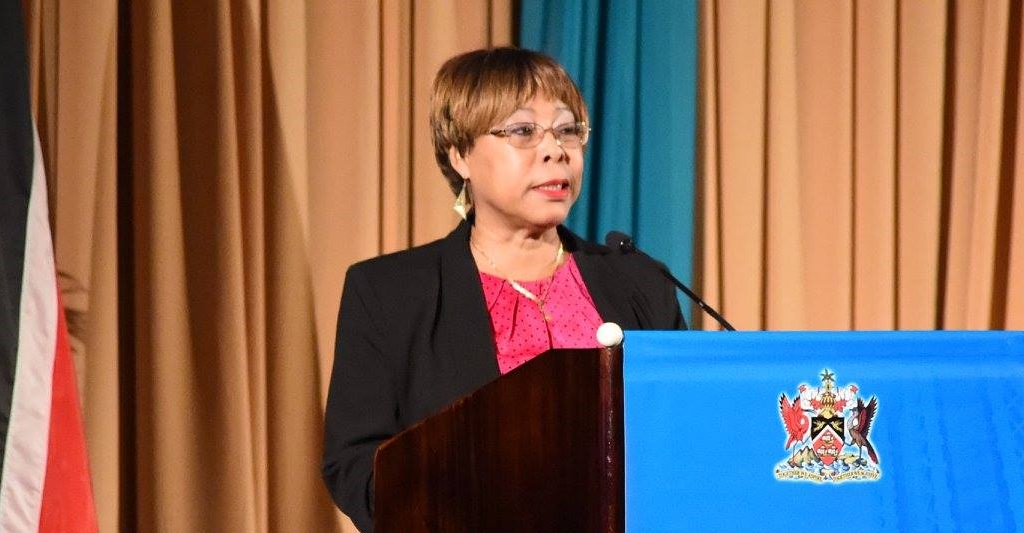
As she expressed gratitude to the employees and policyholders who stood with the company during the difficult financial situation, she added: “I must give kudos to those lawyers, the staff …who stayed that course throughout… the policyholders, the investors… who stayed that course.“
Said Gomez-Miller: “You are looking at an organisation with more than 100,000 customers that we serve. We opened for business although the doors were not open, we remained in operation throughout and we made sure we paid every single claim and we continue to do so.”
Dr Alvin Hilaire, governor of the CBTT, defended the decision to relinquish emergency control over CLICO, which had been in place since its collapse in 2009.
Hilaire, addressing the news conference, argued that it was now safe to give up control over the company, which had owed billions of dollars at the time of its collapse.
The CBTT had been appointed under the Central Bank Act to exercise control over CLICO since 2009.
“The Central Bank is not in the business of running insurance companies or financial institutions. We have emergency control depending on the circumstance (and) that is what we did,” the CBTT governor said.
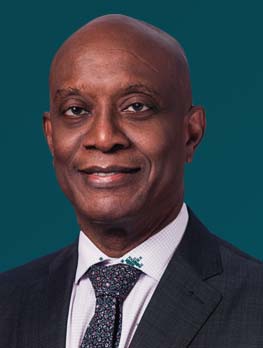
“This time we think it is opportune that the conditions are satisfied that we could exit comfortably.”
Hilaire added: “CLICO is still large …about 20-something per cent of insurance company assets, but we are comfortable that they will not be a (drain) on the financial system, the governance is stronger, the way of doing business has been regularised … .
“So we are not concerned you will have a problem with the financial system now from this source.”
He added however that the central bank would continue to monitor CLICO’s operations.
“We have two arms as it were. One is as the central bank as a monetary authority and two, the central bank as a supervisor or regulator of financial institutions,” he said.
Hilaire noted that CLICO, as an insurance company, “is like other insurance companies that will be managed or regulated by the Central Bank”.
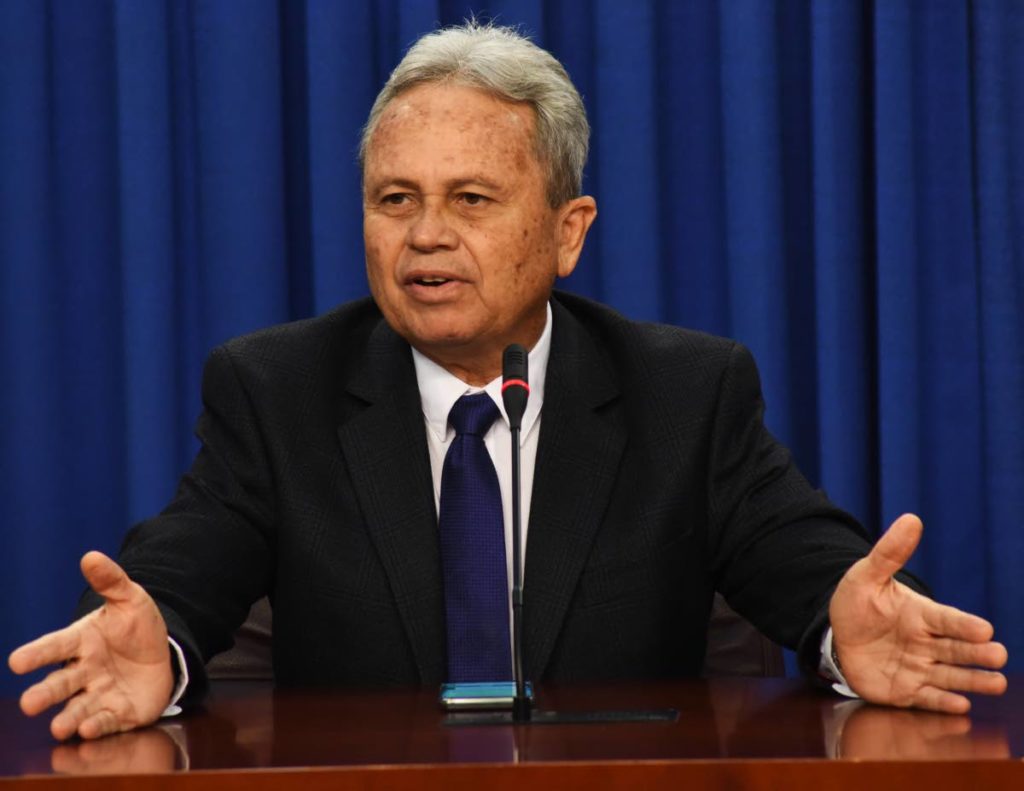
In 2019, the Trinidad and Tobago government said it had “reached the conclusion” with regard to the collapse of the insurance giant with Finance Minister Colm Imbert telling Parliament that the Government had pumped an estimated TT$23 billion into a bailout plan for the company.
Imbert told legislators then that, when the Keith Rowley government came to office in 2015, it found that the CLICO arrangement was in “disarray” and that there was no sign that a resolution was sight.
“Further, in 2011, an arbitration caused by the then government’s arbitrary transfer of shares in Methanol Holdings Trinidad Limited to CLICO without first offering the shares to the minority shareholder, concluded with the sale of the asset at a price significantly lower than market, losing three billion dollars in value in the process.”
Imbert said also that, after 17 extensions of the original 2009 Shareholder’s Agreement, without any clear repayment plan, the Rowley administration was forced to act quickly when former shareholders made an effort to seize CL Financial.
“In the interest of taxpayers, who had pumped billions of dollars into the CLICO bailout, we had no alternative but to apply to the High Court to liquidate the company and, on September 15, 2017, the High Court ruled that the operations of CL Financial would be fully placed in the hands of liquidators appointed in July 2017.”
Imbert said that liquidation process was ongoing in the context of an orderly settlement of the debt owed by CL Financial (CLICO) to Trinidad and Tobago.

However, Peter Permell, chairman of the CLICO Policyholders Group, expressed concern last week that, 13 years after the collapse, the authorities were returning CLICO without ensuring that its more than 15,000 policyholders have received the balance of funds contractually owed to them by CLICO.
“That is particularly so in circumstances where the government has been repaid all money, I want to repeat, all money that was advanced to CLICO as a result of the bailout and in light of the fact that CLICO is now in the black…to the tune of billions of dollars,” Permell told radio listeners, describing the conglomerate “as extremely profitable”.
In 2013, the former CLICO chairman, Lawrence Duprey, blamed the world recession and not mismanagement for the collapse of CLICO the flag ship company of the CL Financial group

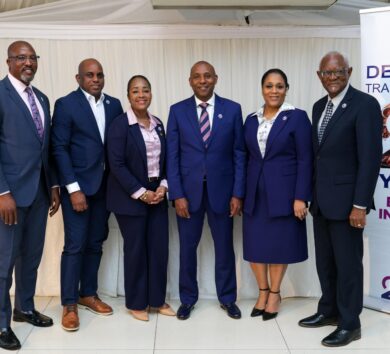





Comments